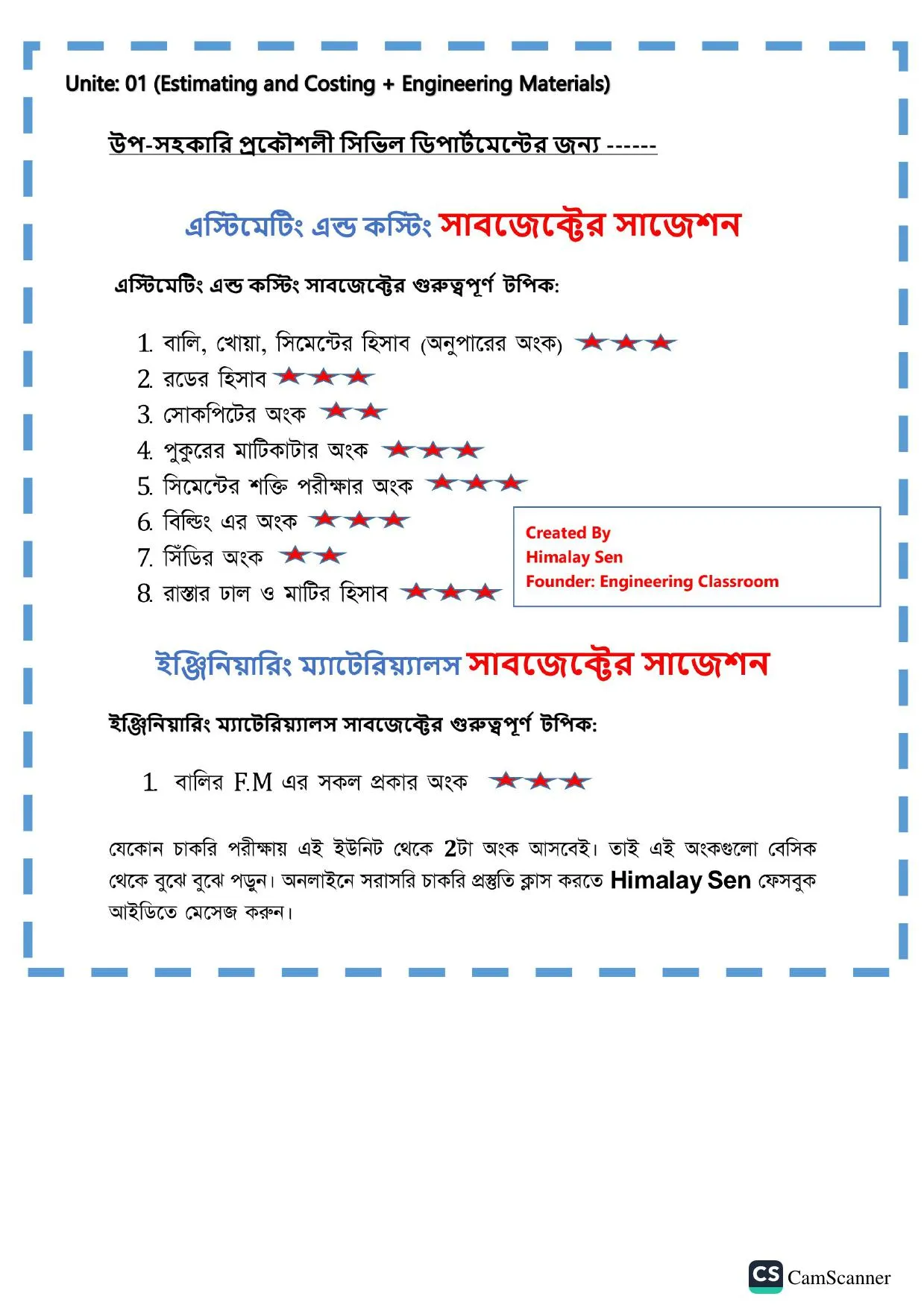MCQ
1. Skin effect occurs when a conductor carries current at frequencies,
low
High
Very low
Medium
2. Which of the following statements pertains to resistors only?
Can dissipate considerable amount of power
Can act as energy storage devices
Connecting them in parallel increases the total value
Oppose sudden changes in voltage
3. Time constant of a capacitive circuit-
Increases with the decrease of capacitance and decrease of resistance
Increases with the decrease of capacitance and increase of resistance
Increases with the increase of capacitance and 2 decrease of resistance
Increases with the increase of capacitance and the increase of resistance
4. The frequency of an alternating current is-
The speed with which the alternator runs
The number of cycles generated in one minute
The number of waves passing through a point in one second
The number of electrons passing through a point in one second
5. The apparent power drawn by an A.C. circuit is 10kVA and active power is 8kW. The reactive power in the circuit is---
4 KVAR
6KVAR
8 KVAR
16 KVAR
6. --- Power factor of the following circuit will be zeгo.
Resistance
Inductance
Capacitance
Both (b) and (c)
7. Pure inductive circuit-
Consumes some power on average
Does not take power at all from a line
Takes power from the line during some parts of the cycle and then returns back to it during
other parts of the cycle None of the above
8. Capacitive reactance is more, when-
Capacitance is less and frequency of supply is less
Capacitance is less and frequency of supply is more
Capacitance is more and frequency of supply is less
Capacitance is more and frequency of supply is more
9. The time constant of a series R-C circuit is given by-
R/C
RC
RC2
R2C
10. In a circuit containing R, L. and C, power loss can take place in-
C only
L only
R only
All above
11. The purpose of a parallel circuit resonance is to magnify-
Current
Voltage
Power
Frequency
12. In any A.C. circuit always-
Apparent power is more than actual power
Reactive power is more than apparent power
Actual power is more than reactive power
Reactive power is more than actual power
13. Capacitors for power factor correction are rated in-
kW
kV
KVA
KVAR
14. Magnitude of current at resonance in R-L-C circuit-
Depends upon the magnitude of R
Depends upon the magnitude of L
Depends upon the magnitude of C
Depends upon the magnitude of R, L and C
15. The double energy transient occur in the-
R-L circuit
R-C circuit
R-L-C circuit
Purely inductive circuit
16. The safest value of current the human body can carry for more than 3 second is-
4mA
9mA
15mA
25mA
17. In a loss-free R-L-C circuit, the transient current is-
Oscillating
Square wave
Sinusoidal
Non-oscillating
Himalay Sen Sir
ইলেক্ট্রিক্যাল ডিপার্টমেন্ট Mcq
EEE MCQ
Electrical Department all question
এসি সার্কিট MCQ ALL
AC Circuit mcq
ব্যাখ্যা: ব্যাখ্যা: The circuit is losa-free, therefore there will be no effect of resistance and components: Land C. The transient 2 current will be sinusoidal in nature.
18. Pure inductive circuit takes power from the A.C. line, when-
Applied voltage decreases but current increases
Applied voltage increases but current decreases
Both applied voltage and current increase
Both applied voltage and current decrease
19. In a pure inductive circuit if the supply frequency is reduced to 1/2, the current will-
Be reduced by half
Be doubled
Be four times as high
Be reduced to one fourth
20. The frequency of domestic power supply in Bangladesh is --
200Hz
60Hz
100Hz
50Hz















